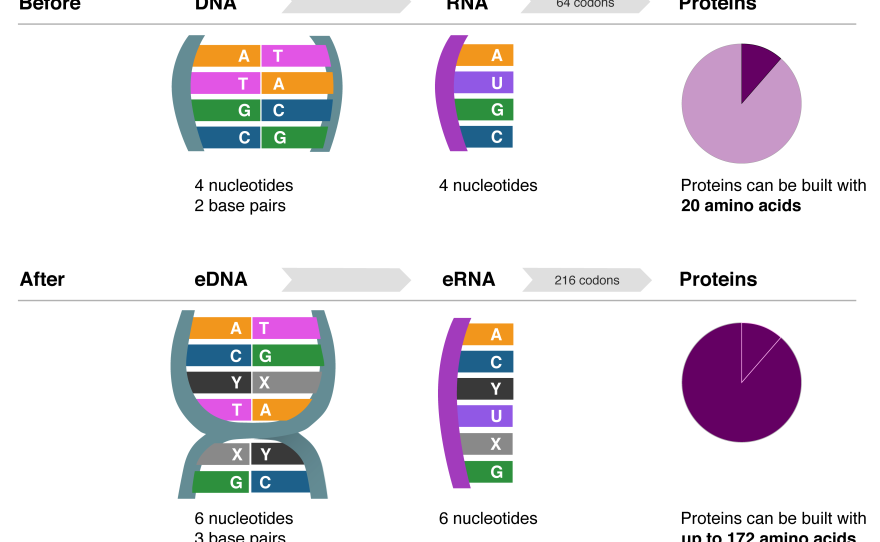By expanding the genetic alphabet, San Diego scientists made one of the year's biggest breakthroughs.
That's according to the journal Science, which published its top 10 breakthroughs of 2014 Thursday, naming the European Space Agency's comet landing the biggest achievement of the year. But the journal's readers instead picked a discovery made in San Diego.
Scientists at the Scripps Research Institute in La Jolla were recognized in the top 10 list for adding two new letters to DNA's alphabet.
Working with the bacteria DNA, they added two synthetic base pairs, informally known as X and Y, to nature's A, C, G and T. The study marks the first time synthetic DNA has successfully replicated inside a living organism.
Scripps chemist Floyd Romesberg led the project, which came out first in an online poll of Science readers against stiff competition. They beat out the Rosetta mission, a cure for Hepatitis C and work showing blood transfusions from young mice can have a rejuvenating effect on old mice.
"There's a lot of good science that gets done," Romesberg said. "To just be on the list is what's really flattering."
Romesberg said scientists aren't used to having their work received so well by the public, sometimes not even by their own family members.
"You tell your parents about it, and their eyes sort of glaze over," he said. "It's just nice to be able to do something [where] people appreciated the science."
Romesberg said making the cut was validating for everyone who worked on the project, and should also make it easier to secure funding for further research.
The discovery led to the launch of a new San Diego biotech company, Synthorx, which hopes to one day sell the novel products that could result from synthetic DNA.
To read Science's full list and see a video about the breakthroughs, click here.






